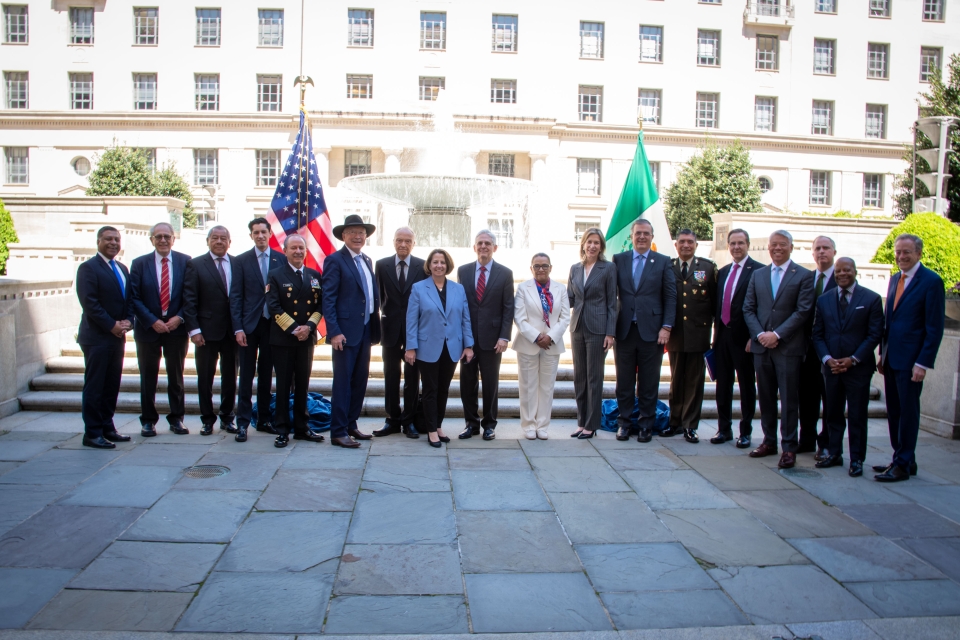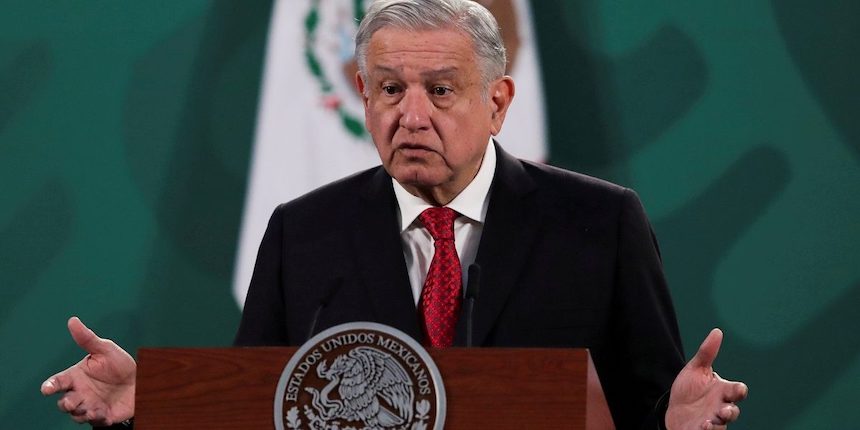An investigation into a criminal organization that allegedly stole Mexican petroleum that was then sold in the United States is focusing on the potential involvement of Mexican government officials and U.S. companies.
On July 29, Mexican authorities confiscated computers and other documents from the PEMEX Office of Internal Security. The Mexican Attorney General’s office also interviewed about 30 PEMEX functionaries, though none were formally detained, as the investigation tries to determine a link between PEMEX administrators and massive amounts of stolen petroleum.
Mexican authorities are investigating whether certain Mexican government officials have been involved in stealing petroleum from the state-owned PEMEX petroleum agency. The attention on PEMEX workers follows the arrest of a group in April that was allegedly linked to the Gulf drug cartel and suspected of smuggling stolen petroleum materials. The Wall Street Journal reported that the group allegedly earned as much as $46 million dollars doing this in two years. The newspaper also reported that Donald Schroeder, president of Trammo Petroleum, has admitted that he and others conspired to buy the stolen products and is now awaiting sentencing in the United States.
According to BBC Mundo, PEMEX announced that the agency lost $700 million in stolen combustibles and that the amount has increased 10 percent in the first semester of this year. In this first semester, PEMEX identified 190 perforations in their tubing system, from which about 2.08 millions of barrels were extracted, according to La Jornada, which notes that the agency produces 2.6 million barrels of petroleum daily.
In the past, gasoline and diesel was stolen from distribution ducts, but now crude oil is being stolen and then processed in secret facilities to be sold in the black market. Some networks are also believed to be exporting crude oil to the U.S. market through a complex network of businesses, transportation workers, functionaries and PEMEX workers, according to BBC Mundo.
This is the first time PEMEX has faced such a detailed investigation of this proportion, according to El Universal, and the most explosive element of the investigation is the prospect that criminal groups are working in conjunction with high-ranking PEMEX officials to steal the petroleum. Some of the groups are allegedly linked to the Zetas, who work for the Gulf Cartel. They allegedly use fake businesses to transport the diesel as a way of covering up illegal activities. The U.S. Justice Department told The Associated Press that U.S. refineries have bought millions of dollars of oil that was stolen from Mexican government pipelines, and that the U.S. Homeland Security Department was returning to Mexico’s tax administration agency $2.4 million from money seized in a cross-border smuggled oil investigation.
Despite the heavy incidence of oil theft, many of the cases fail to result in any punishment for the suspects, according to Milenio, which estimated that 96 percent of these are dismissed by courts. La Jornada reported that at least 12 criminal bands exist that are involved in adultering and selling petroleum products with the complicity of PEMEX workers. The newspaper reported that sources within the Mexican Attorney General’s office have said the investigation started earlier this year and that it has involved a number of other key federal investigatory agencies as well as the internal auditing office of PEMEX.
PEMEX operates six refineries in Mexico, and it represents 33 percent of the country’s national earnings, according to La Jornada. One solution being considered is using a special software program to control in real time all of the activities taking place along the immense tubes and piping system.
According to legislative reports passed last year, PEMEX is supposed to be undergoing changes to make the agency more transparent and accountable. Among the changes being instituted is the creation of special committees that are supposed to oversee contracts and other business dealings, but according to La Jornada these proposals have not gone into effect yet.
From the Justice in Mexico Project’s August Monthly News Report:
http://www.justiceinmexico.org/news/recent_news.php
SOURCES:
Barria, Cecilia. “Los tentaculos del crimen en Pemex.” BBC Mundo. August 4, 2009.
Daker, Susan. “U.S., Mexico Probe Oil Thefts from PEMEX.” The Wall Street Journal. August 11, 2009.
Mendez, Alfredo. “Declaran 30 empleados por el robo de combustibles a Pemex.” La Jornada. July 31, 2009.
Mendoza, Martha. “U.S. bought oil stolen from Mexico.” Associated Press. August 10, 2009.
Merlos, Andrea. “Piden ir a fondo en averiguacion.” El Universal. August 1, 2009.
Rodriguez, Israel. “Bandas criminales y empleados, colidos en el saqueo a Pemex.” La Jornada. July 31, 2009.
Rodirguez, Israel. “Saqueo a Pemex: $30 mil milliones as ano; ‘el enemigo esta adenntro’.” La Jornada. August 1, 2009.
Staff report. “Investigan a politicos por robo a Pemex en Coahuila.” Milenio. July 31, 2009.
“Petroleo en Mexico, Tesoro nacional se pierde en el camino.” La Jornada. August 4, 2009.




